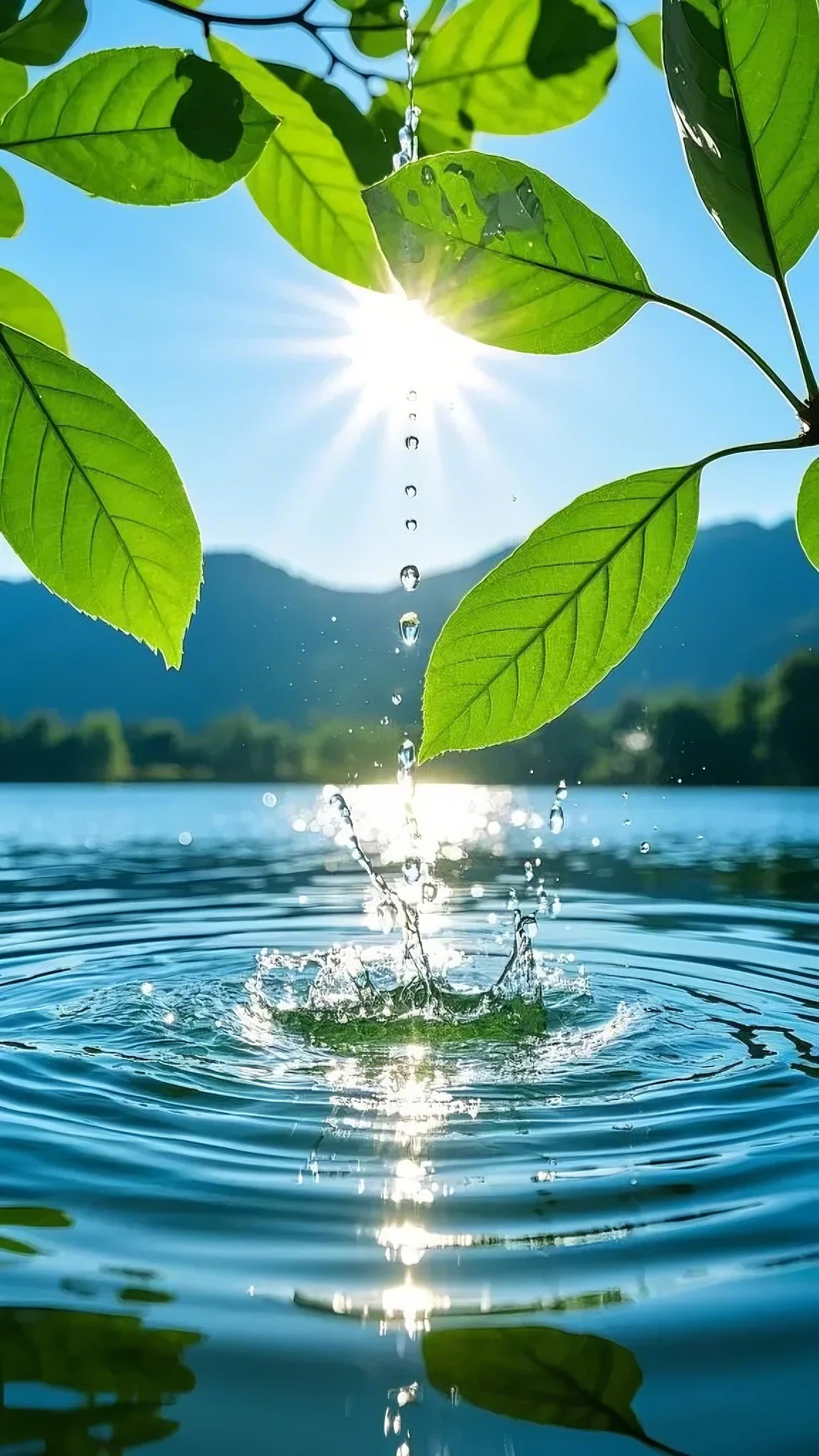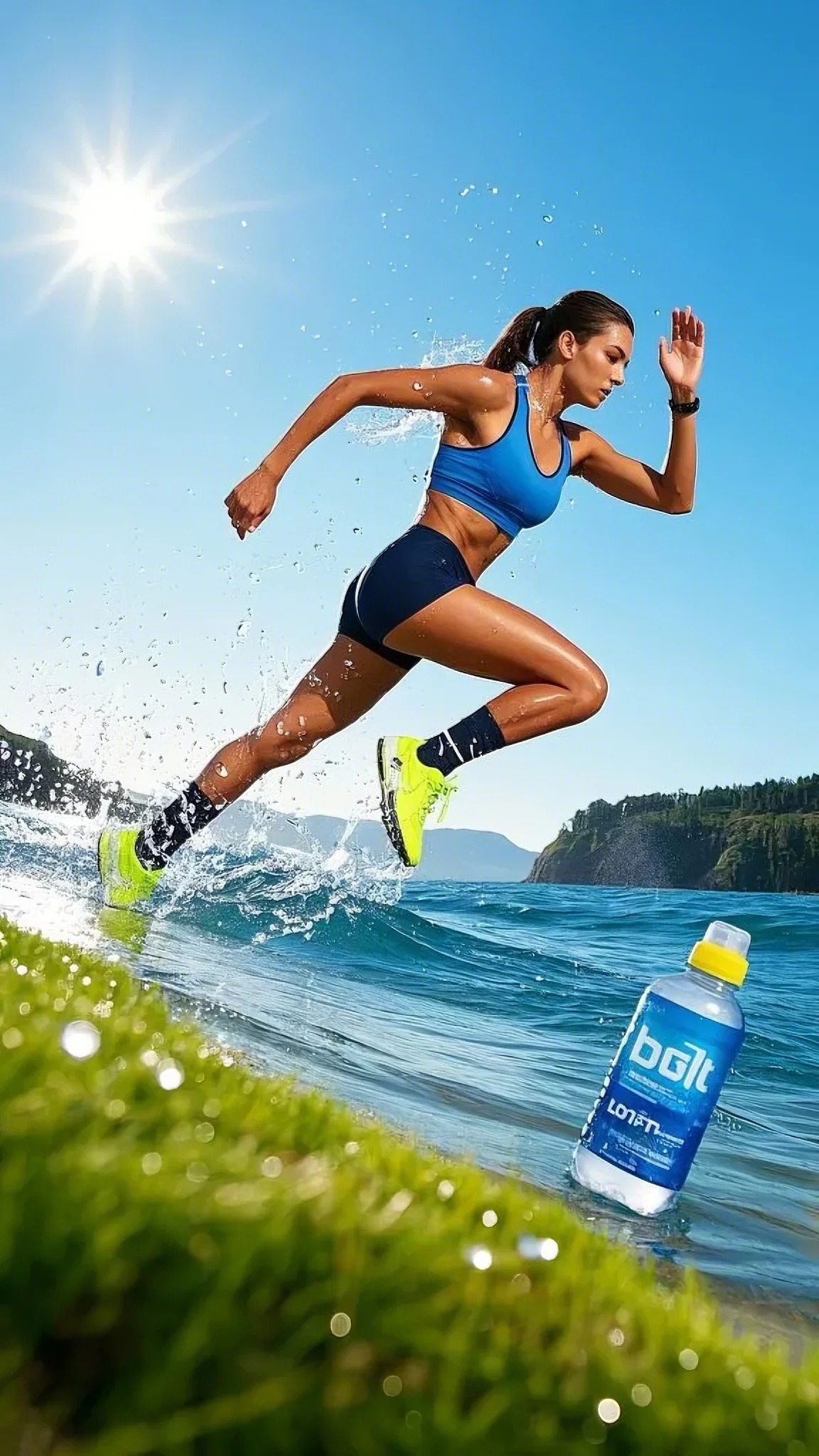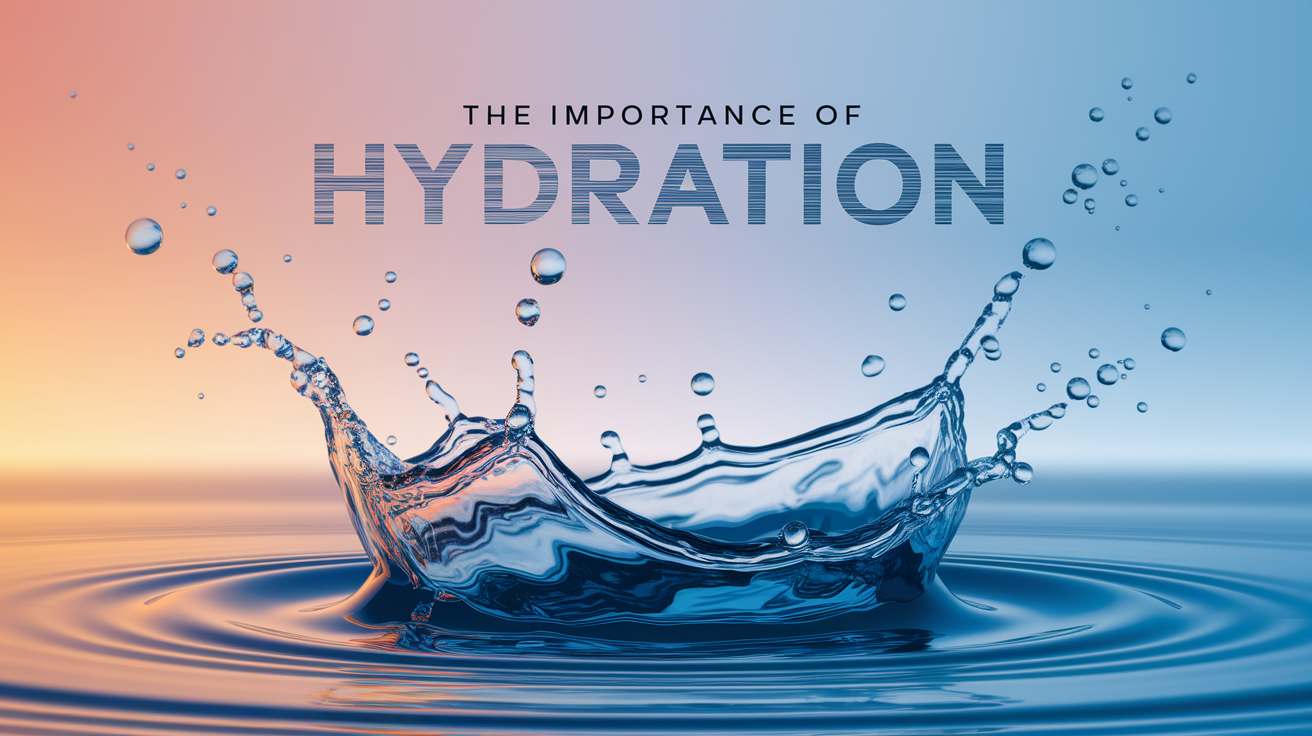The Importance of Hydration for Overall Health
Did you know about 60% of our bodies are water? This shows why hydration is more than just drinking when thirsty. Drinking enough water is key for many body functions. It helps control our temperature and keeps organs working well.
Also, being well-hydrated boosts mood and brain power. It’s not just about stopping thirst. It’s about feeding our bodies.
Women should drink about 11 cups of water a day, and men should aim for 16. This includes drinks and water-rich foods like fruits and veggies. But watch out for sugary drinks. They can make you feel hydrated when you’re not. For the best hydration, try to drink water, especially when you exercise.
Let’s learn the importance of hydration and how to keep hydrated every day. We’ll look at what affects our hydration needs and how to drink enough water. For more tips, check out this guide on staying hydrated.
Understanding Hydration and Health
Knowing how hydration impacts health is key for anyone looking to stay well. Our bodies are about two-thirds water. This water is crucial for many body functions, like carrying nutrients and making joints smooth. We find many perks in keeping hydrated. It helps regulate our temperature, improves our sleep, mood, and how we think.
How Hydration Affects Bodily Functions
Water is needed for all our body’s processes. Lack of water, or dehydration, can cause tiredness, confusion, and even serious issues like a fast heartbeat. Keeping hydrated ensures important systems, such as our blood flow and digestion, work well.
The Role of Water in Preventing Disease
Water is vital in keeping diseases at bay. Not drinking enough water increases the risk of chronic diseases like heart failure, diabetes, and dementia, especially in middle-aged people. Staying properly hydrated promotes health and well-being. It’s a way to actively prevent disease. Keeping our water intake up helps us stay healthy and avoid the negative effects of not drinking enough.
The Importance of Hydration in Daily Life
Staying hydrated is key to our health. It helps us feel good and supports our body’s needs. Experts say women should drink about 11 cups of water and men about 16 cups daily. This can vary based on how active you are and the weather.
Recommended Daily Water Intake Guidelines
A lot of people don’t drink enough water. Research shows 75% of Americans don’t get enough daily. Seniors are at higher risk of getting dehydrated because they don’t feel as thirsty. For adults, if your urine is light, you’re well-hydrated. Dark urine means you need more water.
- 6 to 8, 8-ounce glasses of water are a standard recommendation.
- Drinking water before meals can help with weight loss. It’s shown to reduce body weight and mass index.
- Choosing water over sugary drinks cuts down sugar and calories for better health.
The Impact of Environment and Activity Level on Hydration Needs
Weather and workout intensity affect how much water you need. Hot days and hard exercise make you lose more fluids increasing the importance of hydration. When it’s really hot, drink more water instead of soda to stay hydrated. Also, being sick, like having a fever or diarrhea, means you should drink more water.
It’s not just about how much you drink. Pay attention to what your body tells you. Some health conditions and medicines might mean you need more water. Listening to your body helps you stay hydrated and energetic, not tired!

Hydration Benefits for Physical Performance
Keeping hydrated is very important for athletes and those who love fitness. It helps muscles work better, blood flow smoothly, and bodies recover quicker. Even a slight drop in hydration can really affect how well you perform.
How Proper Hydration Enhances Athletic Performance
A little dehydration can have big effects. Losing just 2% of your body weight in fluids can lower endurance and strength. This can affect how well you can do activities, how long you last, and your quickness. Muscles might lose strength and power up to 5.5% and 5.8%, respectively, when not hydrated enough.
It’s smart to drink about 2 or 3 cups of water or a sports drink a few hours before heavy exercise. This can keep dehydration away and help you do your best.
Signs of Dehydration During Exercise and How to Combat Them
Knowing when you’re dehydrated and the importance of hydration is key for athletes. Signs to watch for are feeling tired, dizzy, and not sweating much. Interestingly, not everyone feels thirsty when they need water. In fact, over half think thirst means they need to drink.
Athletes can sweat out 1/2 to 3 liters every hour! To fight dehydration, drink water or sports drinks after working out. Try to drink 24 ounces for every pound you lose while exercising. Understanding your body’s needs is vital for the best performance. You can find more hydration tips here.

Common Dehydration Symptoms and Their Implications
Everyone feels dehydrated now and then. But, some people are more at risk. Spotting dehydration early can stop worse health issues. Basic dehydration signs are:
- Increased thirst
- Dry mouth
- Dizziness
- Headaches
- Dark-colored urine
Not heeding these warnings can lead to more than just discomfort. It also leads to long-term dehydration effects. For example, not drinking enough water for a long time can affect how we think, feel, and move. People with ongoing health issues or those taking certain medicines might face even tougher consequences, like:
- Urinary tract infections
- Kidney stones
- Heat-related illnesses
- Severe confusion and irritability
Babies, older adults, and anyone with long-term health problems should watch their water intake closely. Also, those working hard physically or spending lots of time outside need to stay hydrated. This helps avoid heat injuries or problems with body salts. For tips on handling dehydration, check this helpful guide.
Hydration Tips for Staying Well-Hydrated
Hydration doesn’t have to be boring—it’s an exciting daily task! Always keep a water bottle nearby. This makes it simple to stay hydrated all day. Don’t wait to feel thirsty; a little drink now and then is key. Regular small sips help maintain your hydration levels.
Eating foods full of water, like watermelon, cucumbers, and oranges, helps too. These items add a fun twist to your meals and keep you hydrated. Want something sweet? Add berries or citrus to your water for a healthy, tasty flavor. This trick helps you skip sugary drinks and enjoy staying hydrated.
Always listen to your body’s needs. Feeling tired or parched means you need water fast. Why not set reminders to drink water? It can be a helpful nudge to drink more. Remember, not drinking enough water is serious, especially in warm places. Stay cool, drink plenty of water, and your body will be grateful!
